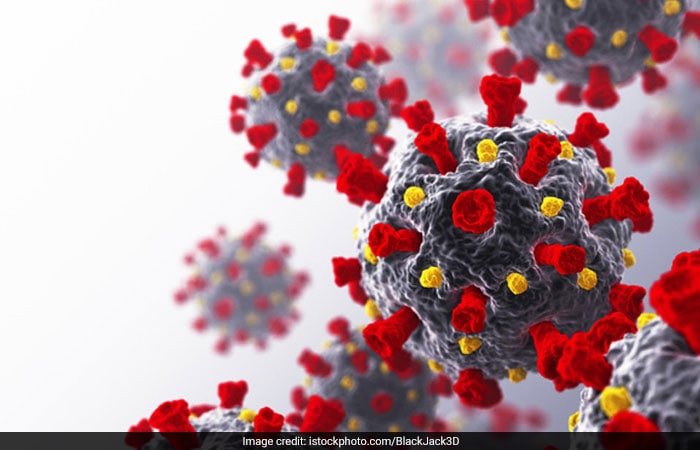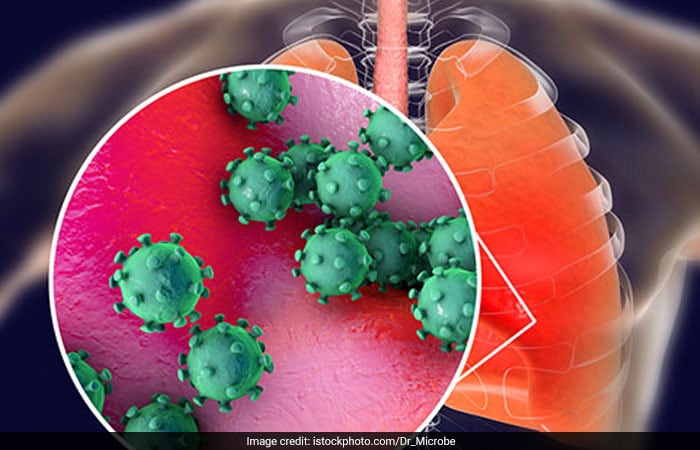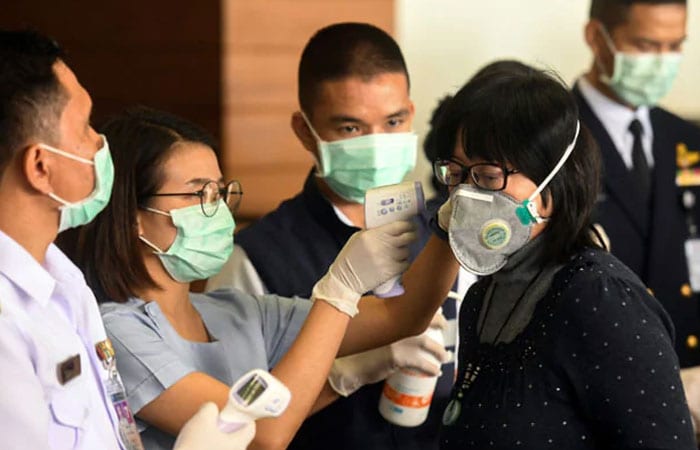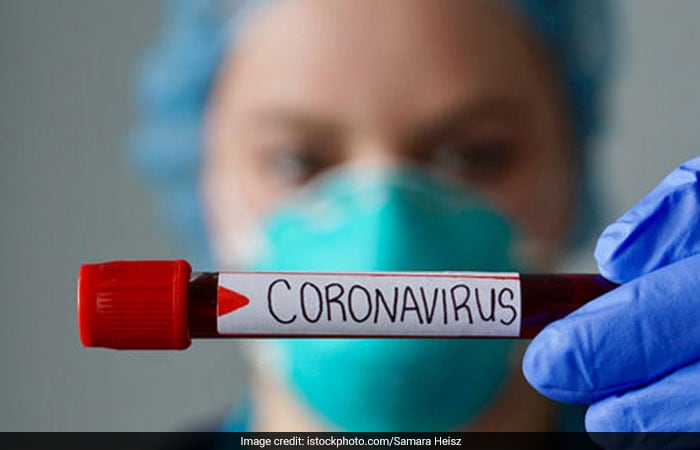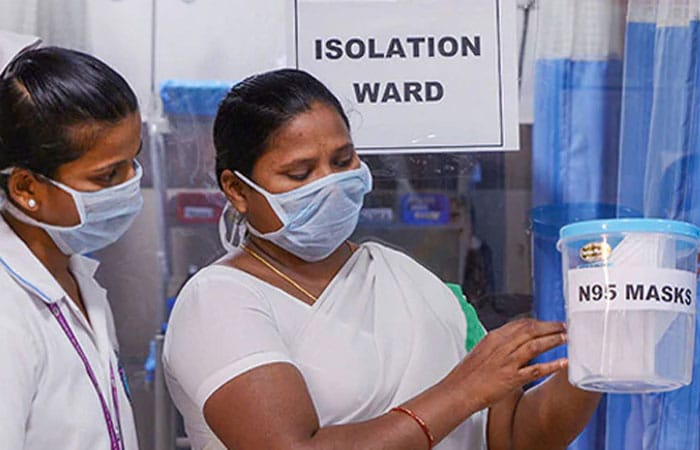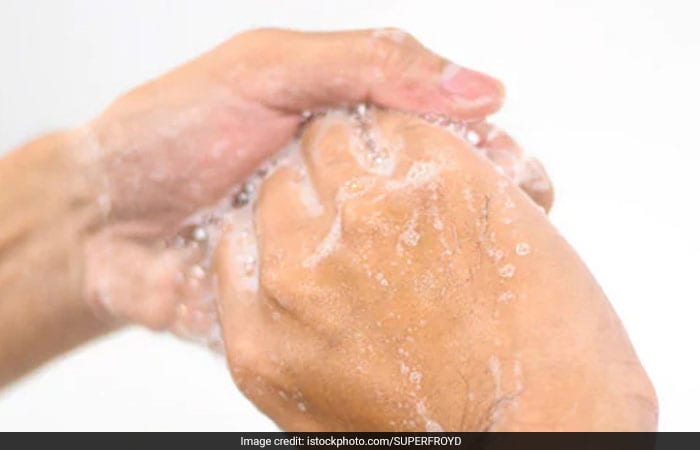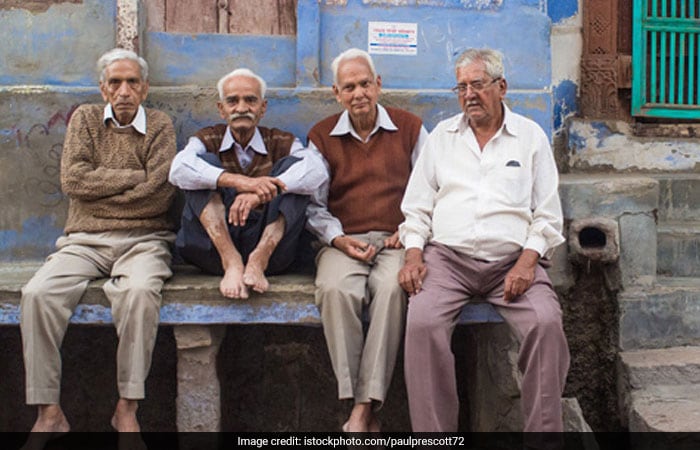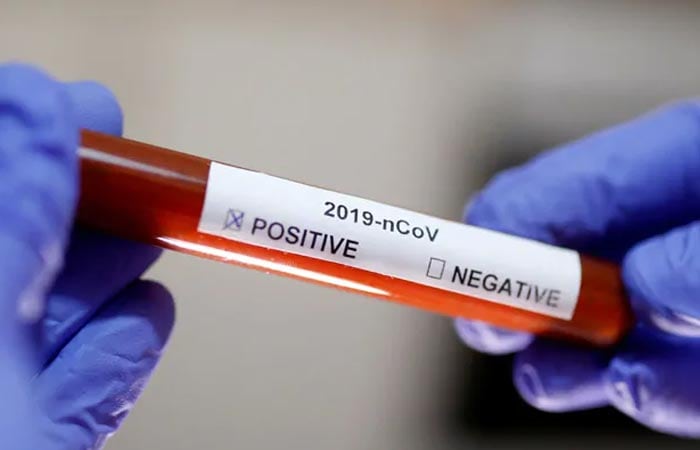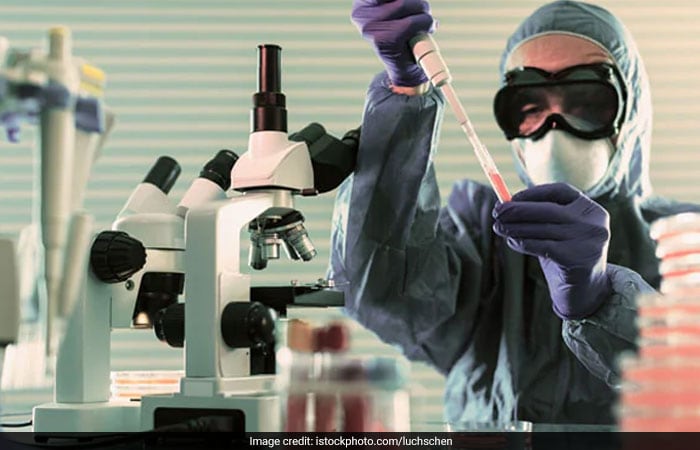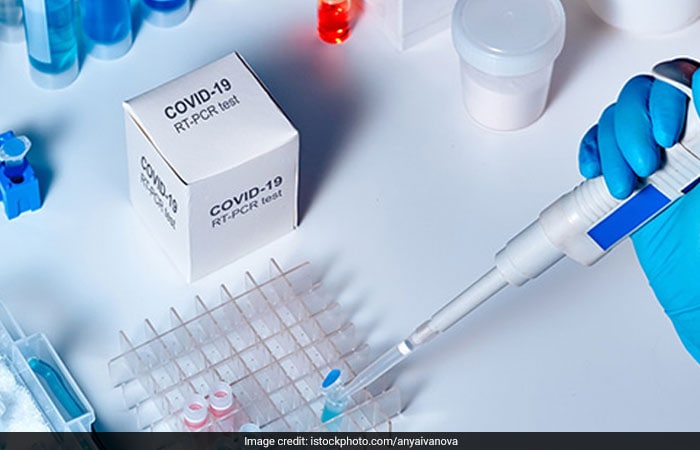Coronavirus FAQs: All You Need To Know About COVID-19 Pandemic
COVID-19 was first reported in Wuhan city in China's Hubei province sometime in December of last year and has been declared as a pandemic by the World Health Organisation as the virus has spread to almost all countries across the globe. With the spread of the virus globally, there has been an increase in panic among people along with confusion and questions about the newly discovered virus. Here are some of the basic questions answered by WHO.
-
What Are Coronaviruses? Coronaviruses are a large family of viruses which may cause illness in animals or humans. In humans, several coronaviruses are known to cause respiratory infections ranging from the common cold to more severe diseases such as Middle East Respiratory Syndrome (MERS) and Severe Acute Respiratory Syndrome (SARS). The most recently discovered coronavirus causes COVID-19.
-
What Are The Symptoms Of COVID-19? The most common symptoms of COVID-19 are fever, sore throat and shortness of breath. Some patients may have aches, nasal congestion, runny nose, or diarrhoea. These symptoms are usually mild and begin gradually. Some people become infected but don't develop any symptoms and don't feel unwell. Older people, and those with underlying medical problems like high blood pressure, heart problems or diabetes, are more likely to develop serious illness. People with fever, cough and difficulty breathing should seek medical attention.
-
How Does COVID-19 Spreads? People can catch COVID-19 from others who have the virus. The disease can spread from person to person through small droplets from the nose or mouth which are spread when a person with COVID-19 coughs or exhales. These droplets land on objects and surfaces around the person. Other people then catch COVID-19 by touching these objects or surfaces, then touching their eyes, nose or mouth.
-
Can Covid-19 Be Caught From A Person Who Has No Symptoms? The main way the disease spreads is through respiratory droplets expelled by someone who is coughing. The risk of catching COVID-19 from someone with no symptoms at all is very low. However, many people with COVID-19 experience only mild symptoms. This is particularly true at the early stages of the disease. It is therefore possible to catch COVID-19 from someone who has, for example, just a mild cough and does not feel ill.
-
What Can I Do To Protect Myself And Prevent The Spread Of Disease? You can reduce your chances of being infected or spreading COVID-19 by taking some simple precautions: - Clean your hands thoroughly and regularly with an alcohol-based hand rub or wash them with soap and water because this will kill viruses that may be on your hands. - Maintain at least 1 metre (3 feet) distance between yourself and anyone who is coughing or sneezing. This is because when someone coughs or sneezes they release small liquid droplets from their nose or mouth which may contain virus. If you are too close, you can breathe in the droplets, including the COVID-19 virus if the person coughing has the disease. - Avoid touching eyes, nose and mouth because hands touch many surfaces and pick up viruses. Once contaminated, hands can transfer the virus to your eyes, nose or mouth. From there, the virus can enter your body and can make you sick. - Follow good respiratory hygiene by covering your mouth and nose with your bent elbow or tissue when you cough or sneeze. Then dispose of the used tissue immediately. - If you have a fever, cough and difficulty breathing, seek medical attention.
-
Who Is At Risk Of Developing Severe Illness? While we are still learning about how COVID-19 affects people, older persons and persons with pre-existing medical conditions (such as high blood pressure, heart disease, lung disease, cancer or diabetes) appear to develop serious illness more often than others.
-
Are There Any Medicines Or Vaccines That Can Prevent Or Cure COVID-19? While some western, traditional or home remedies may provide comfort and alleviate symptoms of COVID-19, there is no evidence that current medicines can prevent or cure the disease. To date, there is no vaccine and no specific antiviral medicine to prevent or treat COVID-2019. However, those affected should receive care to relieve symptoms. People with serious illness should be hospitalised. Most patients recover thanks to supportive care. Possible vaccines and some specific drug treatments are under investigation.
-
Can Spraying Alcohol Or Chlorine All Over Your Body Kill The New Coronavirus? No. Spraying alcohol or chlorine all over your body will not kill viruses that have already entered your body. Spraying such substances can be harmful to clothes or mucous membranes (eyes, mouth).

